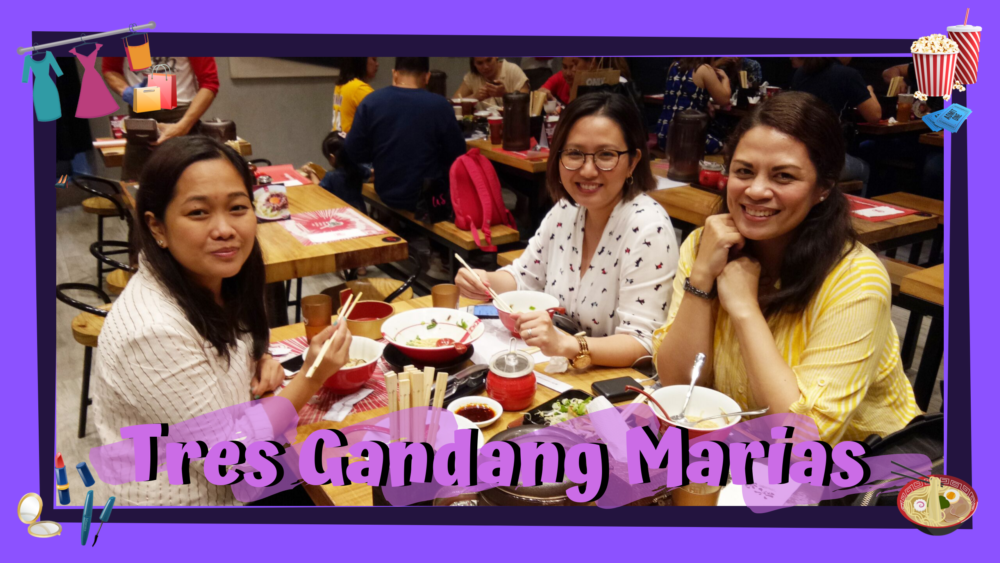Cooking with foster children is a fantastic way to teach life skills, promote positive relationships with food, and strengthen carer-child bonds. Additionally, cooking opens the door to creativity and fun, which are essential ingredients for early development. Below, we will dive into more detail about why you should start cooking with your foster children.
Facilitating Education
Aside from being a fun way to bond, cooking is a great way to support your foster child’s education. Here are some topics that can be strengthened through cooking:
- Geography: Cooking recipes from different areas of the world opens up conversations about various cultures.
- Science: Ingredients have different properties that cause reactions, which makes cooking a science.
- Maths: Working with quantities, converting units, and following recipes all help to improve maths skills.
- Creativity: Experimenting with food and creating masterpieces is highly creative, which is a fun skill to develop.
- Reading: Understanding recipes helps with comprehension.
As well as covering these essential topics, cooking together will improve teamwork skills, critical thinking, and problem-solving.
Building Emotional Bonds
Experts from thefca.co.uk will tell you about the importance of emotional bonds, which provide foster children with a sense of belonging and security. Additionally, forming emotional bonds helps to build trust and build positive relationships.
Cooking with your foster children will help you to strengthen your relationship. As you’ll be cooking together, it presents the perfect opportunity to engage in meaningful conversation. While you’re busy in the kitchen, you’ll also learn more about your foster children’s personalities and interests.
Helps Promote Healthy Eating
Some foster children don’t have healthy eating habits, but cooking together presents the chance to switch the narrative. When children are actively involved in cooking the foods they eat, they’re more likely to open themselves up to trying new foods. This is because they’re filled with satisfaction and confidence after helping out. Additionally, you can teach your foster children the following healthy eating habits:
- Portion control
- Using whole and nutritious ingredients
- Picking healthy recipes
- How cooking processes influence how healthy, or not, a meal is
Boosting Self Confidence
Many foster children have low levels of confidence and lack essential skills in the kitchen. By inviting your foster children to help out, you can boost their confidence and help to improve their skills in the following ways:
- Cooking gives the freedom to make mistakes, which will help build resilience and problem-solving skills.
- Cooking can build confidence in various abilities including chopping, stirring, measuring, and following instructions.
- When children cook with other people, they learn how to work as part of a team while building social skills.
Boosting Mental Health with Positivity
Foster children can experience a number of mental conditions including stress, anxiety, and depression. With the power of cooking, you can help equip them with the tools to deal with these emotions. For example, cooking can introduce relaxation and calm into your foster child’s mind, which can alleviate anxiety and reduce stress.
If you are a foster carer looking for ways to support your child and get to know them better, we recommend allowing them to help out in the kitchen.






